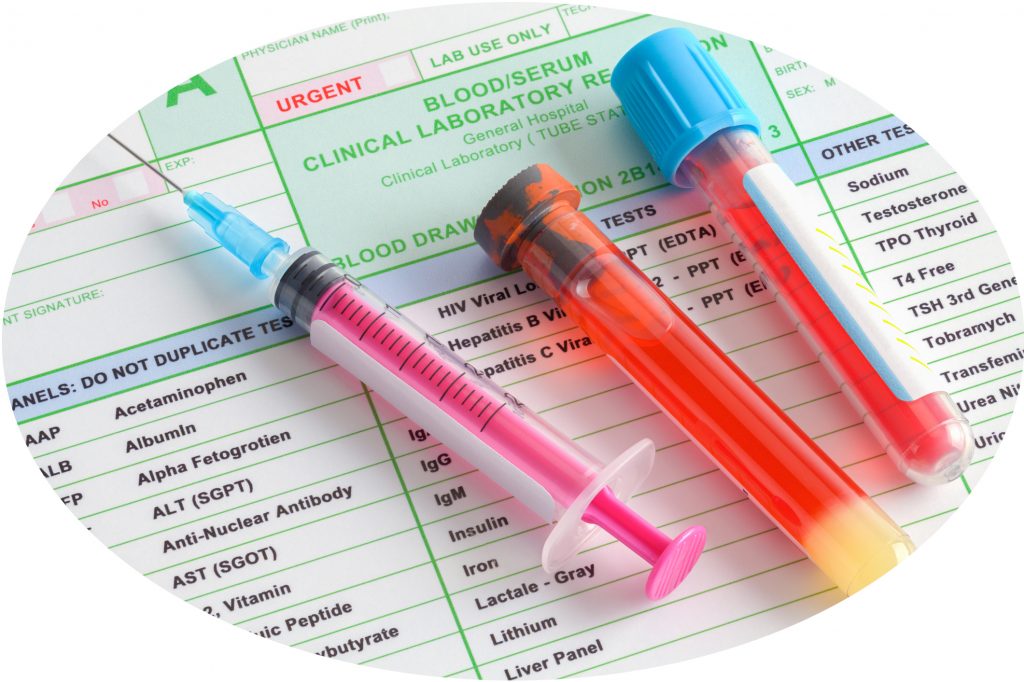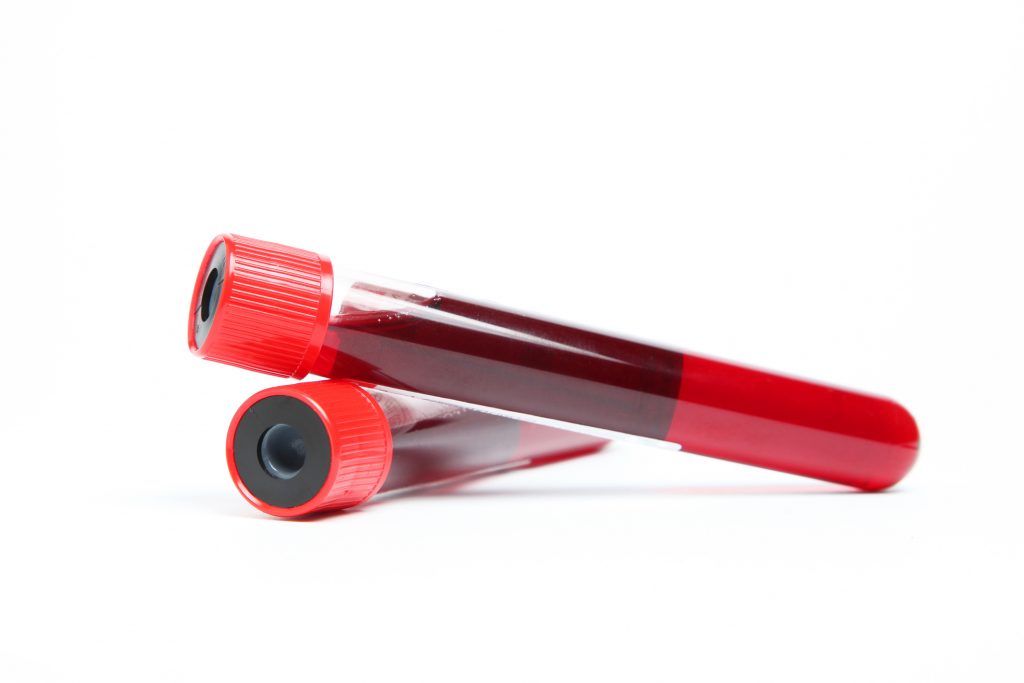Test Results
When you attend for a test of any kind you will be told how long you should expect to wait for the results. Please bear this in mind and call the surgery
between 11:00 - 15:00 once sufficient time has elapsed.
Our Receptionists are able to give out some results, or inform you of the GPs comments [perhaps s/he will want to see you to discuss the result in more detail. They are not, however, qualified to provide any clinical guidance.
Please note that we do have a strict policy regarding confidentiality and data protection. In this respect we will only give out results to the person they relate to unless that person has given prior permission for their release or if they are not capable of understanding them.

Blood Tests
Blood samples are taken by our phlebotomists. Our practice nurse also offers this service during her consultation hours on Mondays, Thursdays and Fridays but we encourage you to make use of the phlebotomy services provided.
Please remember to make your appointments before 10:00 if your tests need to be sent to the York Hospital. Test done later in the day are sent to Scarborough Hospital.
Please take careful note of all the instructions given to you when making the blood test appointment such as the need to fast or to bring your record books with you.
Although we carefully monitor all tests done, it is advisable for patients to call the surgery after a week to enquire about their results.

About Blood Tests
A blood test is when a sample of blood is taken for testing in a laboratory. Blood tests have a wide range of uses and are one of the most common types of medical test. For example, a blood test can be used to:
assess your general state of health
confirm the presence of a bacterial or viral infection
see how well certain organs, such as the liver and kidneys, are functioning
A blood test usually involves the phlebotomist taking a blood sample from a blood vessel in your arm. and the usual place for a sample is the inside of the elbow or wrist, where the veins are relatively close to the surface. Blood samples from children are most commonly taken from the back of the hand. The child's hand will be anaesthetised (numbed) with a special cream before the sample is taken.
You can find out more about blood tests, their purpose and the way they are performed on the NHS Choices website.
X-Ray
An X-ray is a widely used diagnostic test to examine the inside of the body. X-rays are a very effective way of detecting problems with bones, such as fractures. They can also often identify problems with soft tissue, such as pneumonia or breast cancer.
If you have a X-ray, you will be asked to lie on a table or stand against a surface so that the part of your body being X-rayed is between the X-ray tube and the photographic plate.
An X-ray is usually carried out by a radiographer, a healthcare professional who specialises in using imaging technology, such as X-rays and ultrasound scanners.
You can find out more about x-ray tests, how they are performed, their function and the risks by visiting www.nhs.uk.
